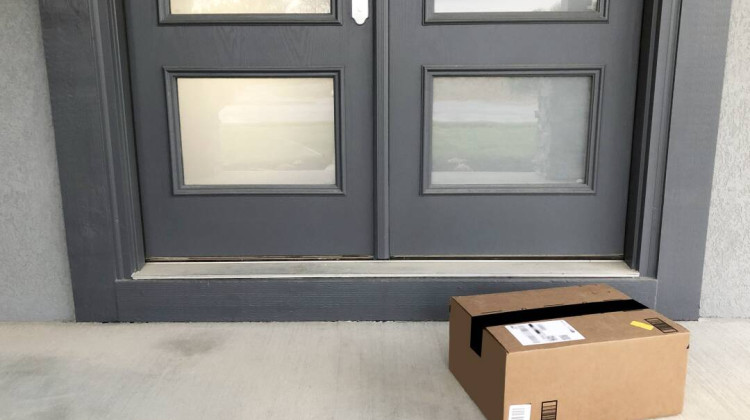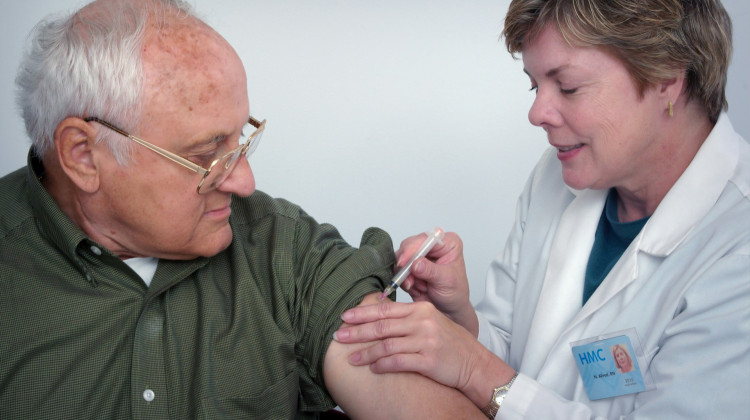
One in 175 pregnancies ends in stillbirth and about 21,000 babies in the United States are born stillborn each year. Pathways to Hope director Rebekah Delaney said she has helped about 500 families receive bereavement support in the past year.
olia danilevich/PexelsIndiana ranks in the top 10 states with the highest infant mortality rates. Perinatal and infant loss can increase a mother’s risk of depression, anxiety and post traumatic stress disorder.
A bereavement program at Riley Maternity Tower at Riley Children’s Health, called Pathways to Hope, aims to meet the emotional needs of grieving families after the loss of a pregnancy or child.
Rebekah Delaney, director of Pathways to Hope, said she hopes to normalize conversations around these kinds of losses and make the bereavement process a little less painful for families.
“When we're failing to support families through the darkest journey of their lives, we are not only failing our hospital systems, we are failing our entire community,” Delaney said.
One in 175 pregnancies ends in stillbirth and about 21,000 babies in the United States are born stillborn each year. Delaney said she has helped about 500 families receive bereavement support in the past year.
Pathways to Hope offers resources to grieving families, including counseling for families that learn their child will be stillborn, or whose babies die shortly after birth.
“So for example, let's say I have a family that comes in with multiples and there's a loss there. Or if I have a family that comes in and they know that baby will pass shortly after delivery. I do work a lot with those families,” Delaney said. “So we talk about what to expect when baby is born, what baby may look like, what are my options?”
Delaney helps families memorialize their babies by taking bereavement pictures of babies with their families. She places a crocheted octopus, an animal often used as a comfort object for babies in the NICU, next to babies when she takes their pictures.
“I have their little hands wrapped around the tentacles,” Delaney said. “So just a really, really natural comforting position.”
Delaney sends the family home with the octopus and other items like blocks with the baby’s footprints or molds of the baby’s hands. During follow-up grief counseling with families, Delaney said they often show her the memory boxes she created.
“It’s very meaningful during the grieving journey,” Delaney said. “Whenever I have a baby that I'm caring for, I always give them a bath and put lotion on them, just to try to really increase that baby scent. Any kind of memory items that I'm sending home with a family has a scent that reminds mom of their baby.”
Delaney also sends grieving parents home with comfort bags — filled with facial tissues, pajamas and toiletries to help make the bereavement process a little easier. Delaney said the program relies on donations from community members. Those interested in contributing to Pathways of Hope can donate at the program’s fundraising page, view the program’s Amazon Wish List or contact Delaney at rdelaney1@iuhealth.org
Delaney said there is no timeline for grief and encouraged people to be mindful of their grieving friends.
“Know that your friends are suffering. Know that they're hurting,” Delaney said. “Just say, ‘Hey, I love you. You are such a good friend, know that I'm here for you. I think you're a beautiful mother. I'm here to support you in any way.’”
Contact reporter Darian Benson at dbenson@wfyi.org. Follow on Twitter: @HelloImDarian
 DONATE
DONATE







 Support WFYI. We can't do it without you.
Support WFYI. We can't do it without you.